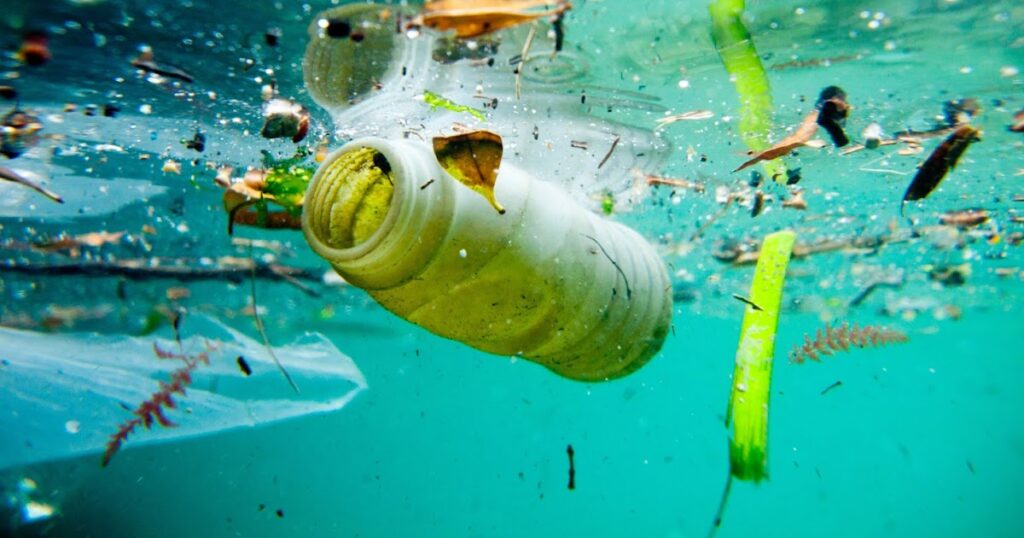Continued . . .
oceans
Our oceans provide a significant portion of the food consumed globally, as well as essential ingredients for medicine production. They are responsible for producing over 50% of the world’s oxygen and play a vital role in absorbing carbon emissions resulting from human activities. Furthermore, oceans help in regulating the climate.
Our Oceans in Peril
Climate change poses a grave threat to our oceans, endangering coral reefs, shellfish, and countless other marine species. Scientists warn that nearly all coral reefs, which support a quarter of marine life, could be at risk of extinction within the next three decades.
Plastic pollution is another major crisis facing our oceans. It is estimated that up to 90% of seabirds have ingested plastic, and millions of marine animals perish each year due to plastic ingestion and entanglement.

In 2022, UN Secretary-General António Guterres declared an “Ocean Emergency,” emphasising the urgent need to protect our oceans. The health of our planet and the well-being of future generations depend on our ability to address these pressing issues.
Our Planet—Engineered for Resilience
The oceans and their inhabitants are naturally equipped to maintain cleanliness and health as long as they are not inundated with human-induced pollution. In the book ‘Regeneration: Ending the Climate Crisis in One Generation,’ it is noted that when sections of the ocean are safeguarded from industrial activities, “the inherent regenerative powers of the oceans can function freely.”
Here are a few instances to consider:
Phytoplankton—minute organisms—absorb and retain carbon dioxide—the primary gas linked to global warming. Remarkably, the amount of carbon dioxide stored by phytoplankton is nearly equal to that captured by all terrestrial plants, including trees and grasses, combined.
Microbes consume the waste produced by fish, preventing potential ocean pollution. These microbes then serve as sustenance for other marine life. As stated by the Smithsonian Institution Ocean Portal, this symbiotic relationship “ensures the ocean remains clean and clear.”
Numerous oceanic species utilise their digestive systems to convert acidic waters—which are detrimental to corals, shellfish, and various other organisms—into healthier, alkaline environments.

Underwater sediment is secured and retained by seagrasses, which play a vital role in stabilising the seafloor. Furthermore, they contribute to the reduction of coral disease and safeguard coastlines by mitigating destructive wave impacts and decreasing erosion.
Current Efforts
If waste never makes it to the ocean, there is no need for a cleanup. Thus, experts advocate for the reuse of bags and containers instead of relying on single-use plastic items that are simply thrown away afterward.
However, additional actions are necessary. An environmental organisation recently reported that within a single year, it gathered 9,200 tonnes of litter from beaches across 112 countries, discarded by ocean tides. This figure, while impressive, accounts for merely one thousandth of the plastic waste that enters our oceans annually.
National Geographic highlighted,
“The acidification [of the oceans] that has occurred so far is probably irreversible. Marine life faces a global economy founded on inexpensive fossil fuels, creating an uneven battle.”
—National Geographic
Reasons for Hope—What the Bible Says
“The earth is full of what you have made. There is the sea, so great and wide, teeming with countless living things, both small and great.”
—Psalm 104:24, 25.
God, our Creator, with His profound understanding of the oceans and marine life, designed our planet’s oceans to be self-cleaning. Given His knowledge and power, isn’t it reasonable to believe He has the ability to restore the damage that we have inflicted upon our oceans?

